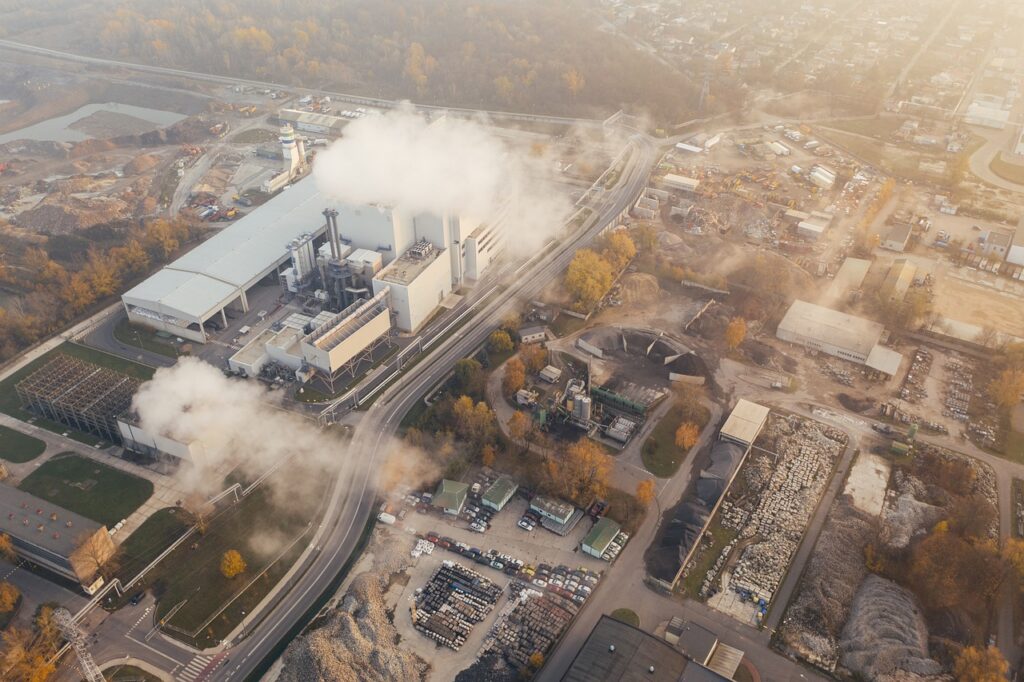A recent study conducted by Forbes Advisor, the financial guidance and price comparison platform, has shed light on the growing apprehensions of Brits regarding the potential impacts of climate change on their future vacations. Nearly one in five (19%) of the surveyed individuals expressed worries about how climate change could disrupt their holiday plans, a sentiment likely influenced by recent extreme weather events this summer, including devastating wildfires on the Greek island of Rhodes that cut short the vacations of many Brits.
Interestingly, these climate change-related concerns are not only affecting the psyche of travelers but also reshaping their holiday aspirations. Approximately one in 10 (9%) respondents admitted to abandoning their dreams of visiting a ‘bucket list’ destination altogether.
In response to environmental consciousness, a significant portion of travelers plans to minimize their own carbon footprint. Nearly one-third (30%) of those surveyed revealed intentions to either reduce or completely eliminate air travel for reaching their destinations in the future.
Other strategies embraced by environmentally-minded travelers include selecting destinations with minimal environmental impact (16%), consciously reducing international travel (15%), and opting for destinations that promote eco-tourism (12%).
The study’s data also unveiled that almost one in five (19%) Brits who recently went on vacation had their travel plans disrupted by extreme weather events. Among those affected, a substantial 46% were forced to either cancel or postpone their trips, while nearly 39% experienced flight cancellations or delays on their return journeys.
Despite these shifting attitudes and experiences, the study found that a significant portion of Brits, comprising 45%, still intend to maintain the same approach to their future holidays, with no alterations in terms of travel type, frequency, or destination.
Laura Howard, a travel expert at Forbes Advisor, commented on the findings, stating, “In ways that we haven’t quite seen before, extreme weather events affected Brits’ holidays abroad this summer, to the point that some are now rethinking their approach to travel altogether.”
“While in one respect it’s saddening to see some travellers having to give up on their ‘dream destinations’, it’s encouraging to see some take more proactive steps on mitigating their own environmental impact – especially when it comes to commercial flights. As our study showed, some are trying to fly less, and others are committing not to fly at all.”
Howard further emphasized the importance of travel insurance, regardless of the chosen holiday destination or mode of transportation. She noted that such policies can offer protection against unforeseen expenses like medical costs and losses, such as stolen or misplaced luggage. Moreover, some policies provide financial compensation in cases of travel disruptions, delays, or cancellations, ensuring that travelers can better manage unexpected challenges during their journeys.
















More Stories
Bulgaria’s Tourism Triumph Record 2025 Powered by Neighbors
Poland’s High-Tech Border Revolution: EES Ushers in New Era
Greece Blends History & Flavors: Gastronomy Tourism Revolution